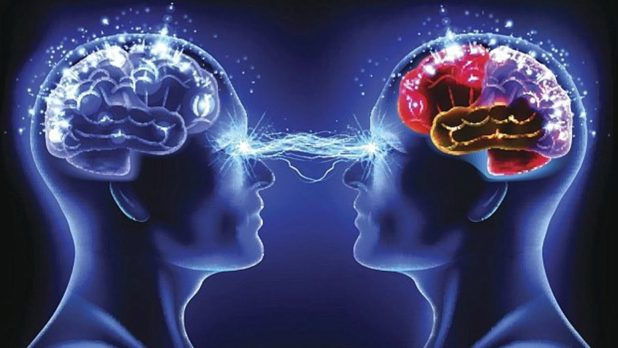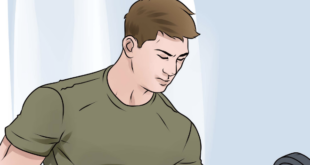Pomidor Quixote
Daily Stormer
October 22, 2019
Placebos are things that appear to be valid treatments but aren’t. They’re not supposed to do anything. The Placebo Effect is the name given to the phenomenon of these placebos apparently provoking a response in people.
It isn’t really known what exactly makes it possible for people to sometimes get better or even experience side effects while taking placebos, but a popular theory is that people’s minds can trigger a similar effect in their bodies to what actual drugs could produce.
What this study found kind of messes with that theory.
Medicine can work better if the doctor prescribing it believes that it works, a study has suggested.
In a role-play scenario, 24 volunteers were seen by a pretend doctor who gave them a cream to treat a burn on their arm.
All of the creams were Vaseline. However, the doctors were told by the researchers that some were medicated and would heal the wound better.
When given the ‘superior’ cream, the participants’ pain eased more – even though they were still only applying Vaseline.
Can healers heal people if they believe they have healing powers?
Perhaps more interesting to consider: is health the only context where something like this happens?
This study suggests that the effect of belief can be projected.
What about worshiping? What about prayers?
Can this be collectively reinforced? Can a bigger effect be achieved the more people “tune” into this?
Professor Luke Chang, of the department of psychological and brain sciences at Dartmouth College, New Hampshire, was the senior author of the study.
He said: ‘These findings demonstrate how subtle social interactions can impact clinical outcomes.
‘Even though the study participants were role playing and weren’t actual health professionals or patients, you can imagine that in a real clinical context, if the healthcare providers seemed competent, empathetic and confident that a treatment may work, the impact on patient outcomes could be even stronger.’
No they don’t. The findings don’t demonstrate anything. They may suggest that social interaction has an impact on the outcome, but that can’t be ascertained for sure from the study.
Each of the patient participants had an uncomfortable degree of heat – 47°C (116.6°F) – applied to their arm.
Before interacting with the patient, each doctor was given information about the properties of the two creams. They were led to believe that thermedol was the better cream.
…
Patients given thermedol displayed less pain through their facial expressions when receiving the treatment.
Skin measurements showed patients had decreased psychophysiological arousal with the thermedol, meaning their skin was feeling less pain simply due to the patient’s own thoughts.
A series of repeated experiments mixed up the order of the cream application to confirm the findings.
What if it wasn’t due to the patient’s own thoughts, but due to the thoughts of the doctor?
Professor Change said: ‘When the doctor thought that the treatment was going to work, the patient reported feeling that the doctor was more empathetic.
‘The doctor may have come across as warmer or more attentive.
‘Yet, we don’t know exactly what the doctor was doing differently to convey these beliefs that a treatment works. That’s the next thing that we’re going to explore.
‘What we do know though is that these expectations are not being conveyed verbally but through subtle social cues.’
Translation: “…through subtle social cues which we haven’t identified or measured, but which we’re sure must exist because otherwise this would be insane and contrary to everything we think we know about the world.”
Perhaps it’s time to consider some arcane “crazy” possibilities for future studies.
 Daily Stormer The Most Censored Publication in History
Daily Stormer The Most Censored Publication in History





